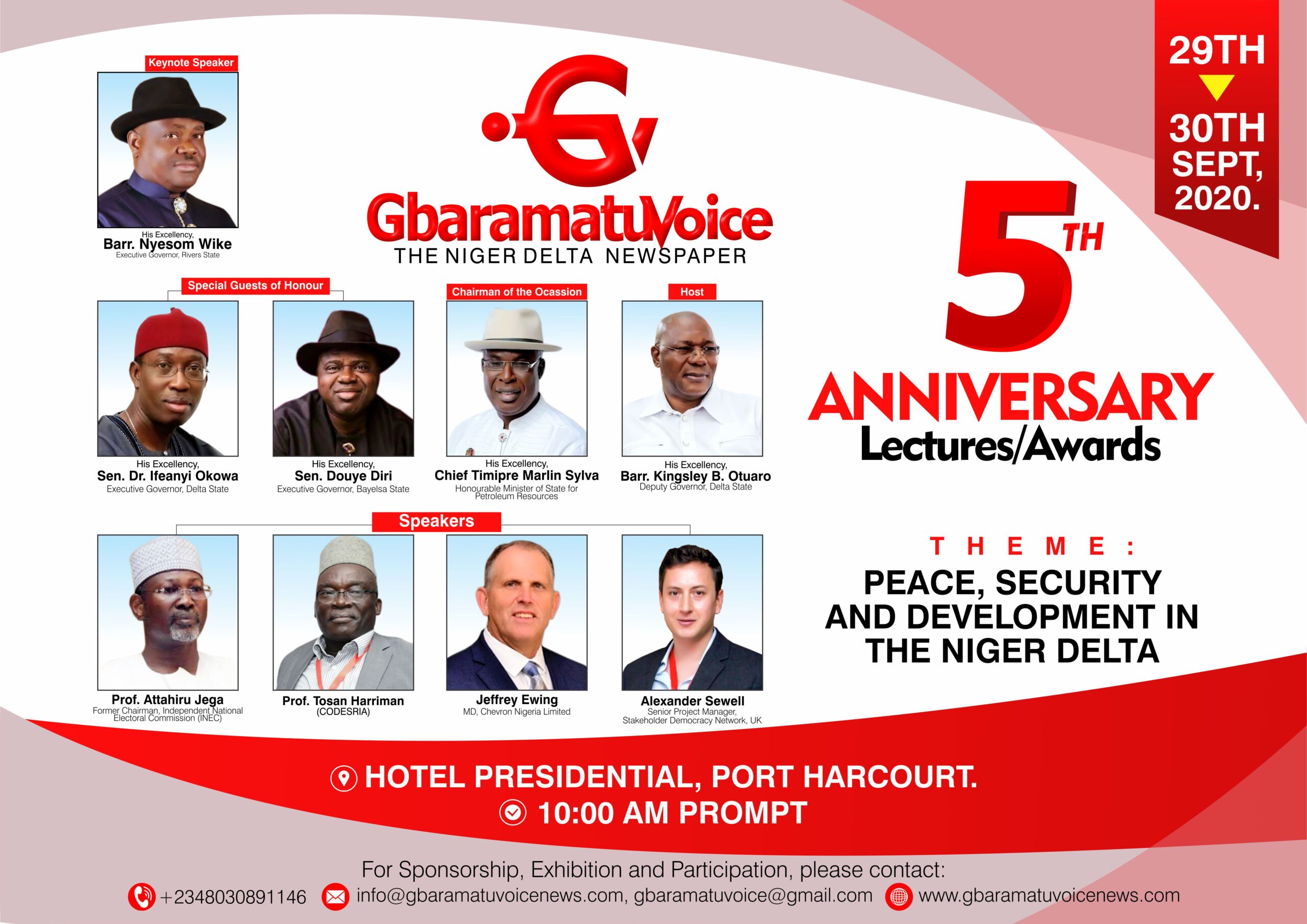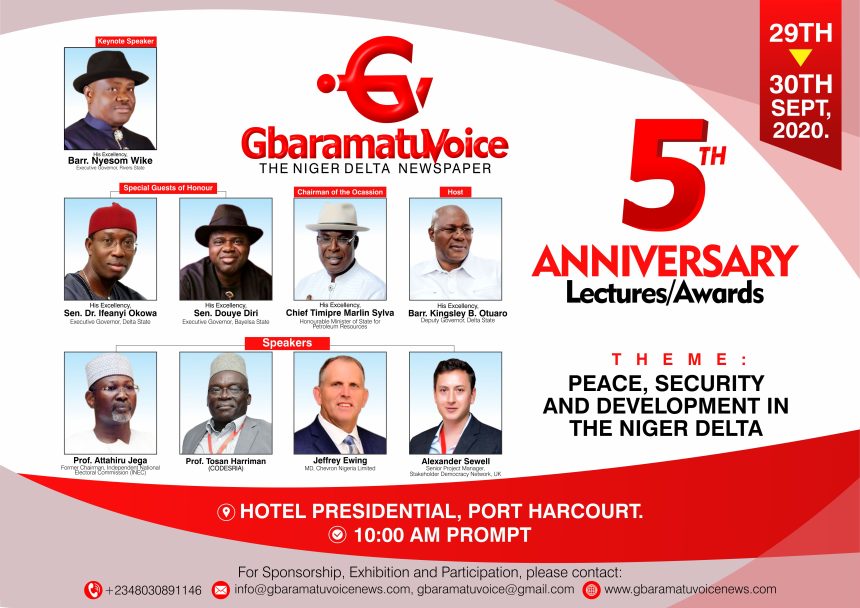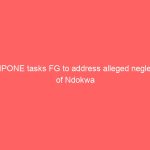The Presidential Amnesty Programme (PAP) in the Niger Delta region of Nigeria is the most expensive amnesty programme in the world, gulping N243 billion ($1.68 billion) in five years.
A report on the Assessment of the PAP by the Nextier Security, Peace and Development (SPD), unveiled in Abuja on Tuesday, revealed that funds were used in the implementation from 2010 to 2014.

Contents
- The Presidential Amnesty Programme (PAP) in the Niger Delta region of Nigeria is the most expensive amnesty programme in the world, gulping N243 billion ($1.68 billion) in five years.
- A report on the Assessment of the PAP by the Nextier Security, Peace and Development (SPD), unveiled in Abuja on Tuesday, revealed that funds were used in the implementation from 2010 to 2014.
- In addition to describing the programme as “the world’s most expensive”, the report stated that “it is becoming too expensive to maintain, as well as being marred by corruption, nepotism, prebendal and patrimonial act.”
- The report stated that in 2017, the amnesty budget almost tripled, with an additional N30 billion ($98.47 million) released and an extra N5 billion reportedly added at a later date even as the annual budget was N20 billion until 2016.
- “Like most bureaucratic institutions in the country, the PAP suffers from lack of transparency, consistency, and effective management of resources,” the report stated.
- However, the report said the programme has succeeded in improving the security situation in the region, putting more than 20,000 beneficiaries through various formal education and vocational training programmes.
- It proposed the closure of the programme over about a nine-month period to ensure all registered beneficiaries complete their reintegration; devolution of the programme activities to federal Ministries, Departments and agencies and state oil development commissions as well as transforming the programme into an autonomous youth programme.
- Commenting on the report, the Principal Partner of Nextier, Mr Patrick Okigbo, said the programme has ensured relative peace in the Niger Delta and ending the programme may have an adverse impact on the oil production in the Niger Delta.
- He said oil and gas remain vital resources in maintaining the ever increasing population of the country.
- Similarly, the Partner/Chief Executive Officer of Nextier SPD, stakeholders in the Niger Delta are persuading the Federal Government not to cancel the programme.
- He said the study found that the programme has not done one quarter of what the programme should do in the Niger Delta.
- “The PAP has been hijacked by a few people, probably one or two few states in the Niger Delta,” he said.
- Also commenting, the Adviser to the Ministry of Niger Delta Affairs, Mr Charles Achodo, said the PAP has gone through phases, adding that oil production rose over the years on the account of the programme.
- However, he said the programme has not addressed the development agitations that led to its establishment.
- He said emphasis should now be on the development of the region in the transition phase of the programme.












